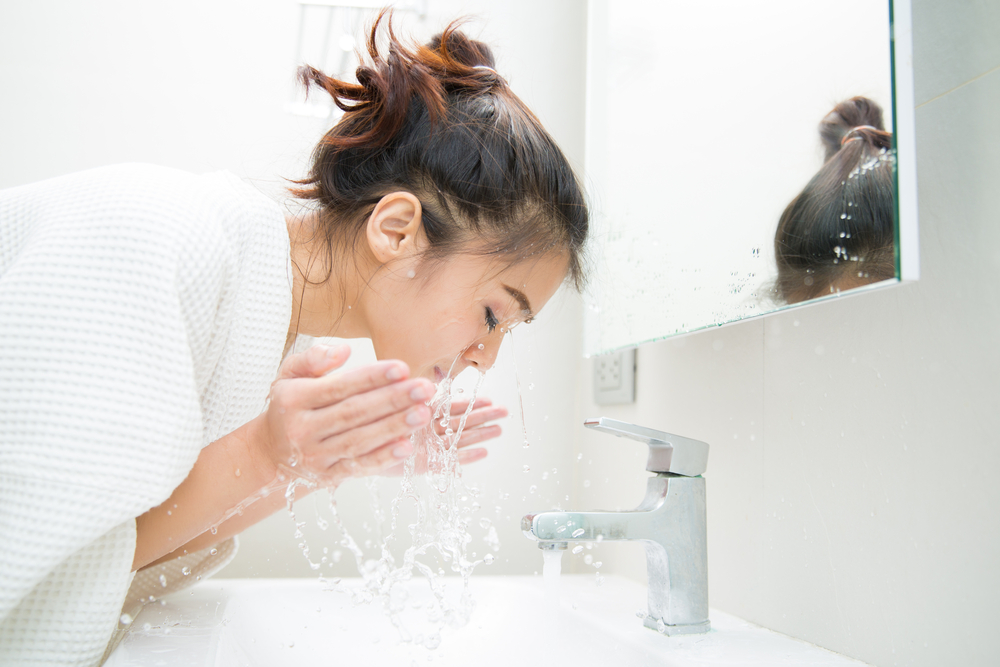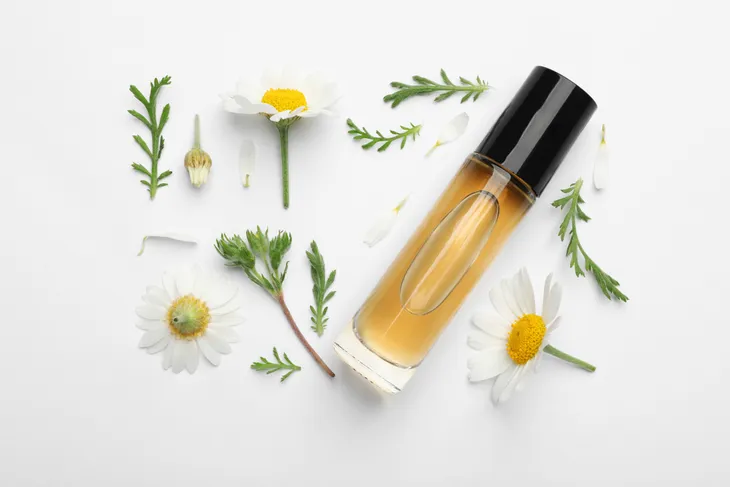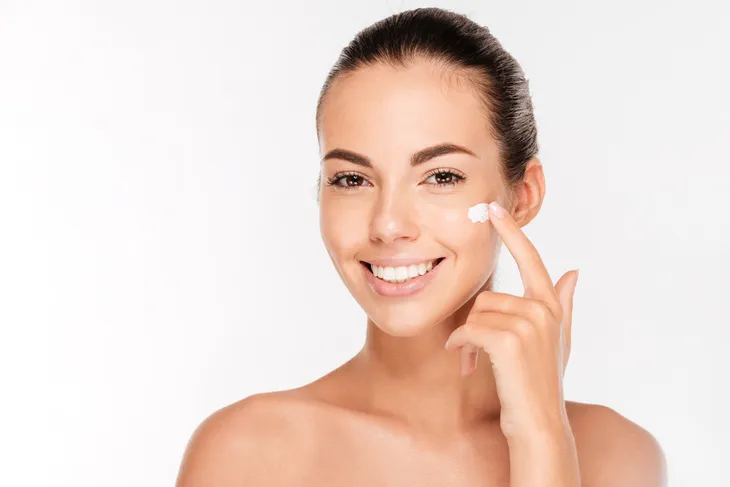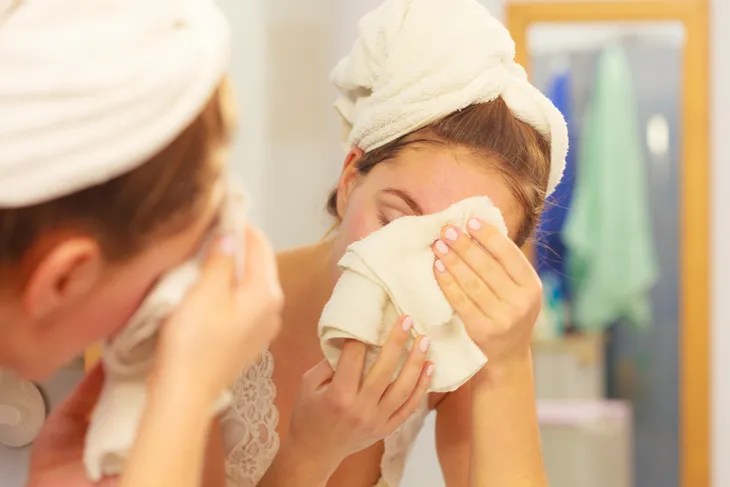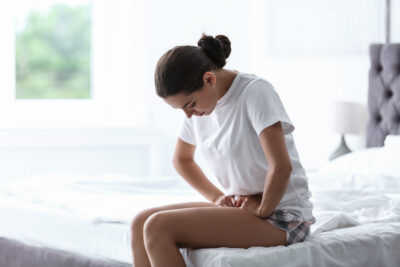You wake up in the morning, you wash your face. You go to bed in the evening, you wash your face. It’s really not that difficult. Yet so many people mess up this perfectly refreshing beauty step and end up with a face full of oily patches, acne, or dry skin.
Here are eight ways to nix skin issues and save face when washing your face…
Irritating Products
The right cleanser for your skin isn’t always the same as the product that your best friend or sister uses on her face. You should seek out a cleanser that removes the day’s dirt and makeup while retaining as much of your skin’s natural oils as possible—stripping those away will cause dry, red, and irritated skin.
A lot of why a product irritates skin or causes pimples has to do with the ingredients. If you tend to react badly to products containing added synthetics (i.e., parabens) or fragrances, seek out a natural cleanser for sensitive skin. That typically means no fragrance or synthetic ingredients that can irritate your delicate visage.
Also, avoid foaming cleanser. These tend to be too harsh for dry and sensitive skin. Instead look for cleansing bars or lotions that are milder.
Shunning Oils
If your acne prone, chances are you shun any cleansing products that contain added oil. Experts once agreed with your banishment of oils—but now experts are shouting otherwise. New York-based dermatologist and dermatological consultant for the cosmetic brand, Kiehl’s, Dr. Sherry Hsiung, claims there’s a botanical oil that will penetrate and benefit every type of skin, even if you have a pimple-, oily-prone t-zone.
For acne prone skin, avoid oil base products including coconut, jojoba, and marula oil which are highly comedogenic.
Over-Washing
Like anything in life, with cleansing your face moderation is the key. However, if you wash your face more than twice a day, your skin can easily become irritated and the natural oils in your skin can be produced in excess.
If you work out a lot, wear heavy makeup, or apply sunscreen multiple times each day, you may see the need to moisturize more often. Avoid cleansing with product each and every time, and instead use lukewarm water to rinse off dirt and product. This will prevent skin irritations and dryness.
Over-Exfoliating
You can overdo it with fragrances and makeup when it comes to protecting your skin—and you can also overdue it when it comes to exfoliation. Meant to slough off dead skin cells, exfoliation utilizes abrasive ingredients in a cleanser—including sugar, ground fruit pits, and others.
However, exfoliating too often or too roughly (with a textured cloth), or exfoliation with a product that’s much too abrasive for your skin can be damaging and even create the beginning signs of fine lines and wrinkles with too much pulling and stretching. So limit your exfoliating treatments to two times per week at most and apply gently and rinse clean with your fingers.
You Moisturize Late
The act of moisturizing after washing might be self explanatory to some, but not to others. Dermatologists from the Mayo Clinic explain that applying moisturizer after cleansing your face keeps skin protected, hydrated, and healthy with a protective seal, or moisture lock. This is why it’s vital to moisturize each time you wash your face.
However, timing is also vital when it comes to the moisturizing step in your skin care regimen. Moisturizer locks and is absorbed by skin the most efficiently right after cleansing, especially when skin is still slightly damp and pores remain open. If you wait too long, skin becomes dry and moisturizer just lies on top of the skin in greasy globs.
Washing With Too Hot Water
You might cleanse your face with water that’s just a bit too hot—to one, open your pores, and two, because it just feels good (especially in a cold bathroom). However, according to Olay’s consulting dermatologist, Dr. Kucy Pon, using too hot water to open your pores will damage your skin’s natural, protective oils.
Too hot water can also dry skin out or lead to oily, acne-prone skin due to excess production of sebum. Dr. Pon assures that our faces don’t have individual pores with muscles that open and close with temperature control. She recommends cleansing with lukewarm water as a healthy middle ground.
Towel Abrasion
I know how good a thorough towel rub over the face can feel after a hearty washing. However, too abrasive rubbing with your towel or face cloth pulls the skin harshly this way and that—leading to a few things you don’t want, fine lines and wrinkles.
Think about drying your face as repetitive stress on the gentle skin surrounding your eyes and mouth. Instead of being rough, pat the skin gently with a soft, clean towel to protect elastin. For those who don’t know, elastin is a stretchy protein found in connective tissues that actually helps skin (and other connective tissues of the body) “snap back” into shape after being pulled and tugged.
Inadequate Rinsing
If you wash your face, but don’t rinse all of the product off thoroughly, you’ll likely end up with pimply, irritated skin as a result. According to the Office on Women’s Health, an arm of the U.S. Department of Health and Human Services, residue buildup on the skin will clog pores, lead to blackheads, and dry patches.
So each time you wash your face, make an effort to wash your entire face—from the hairline to under the jaw—to banish all grime and grit. After all, the hairline, under the jaw, and the nose are the most prone to acne for a reason. Be conscious of rinsing these overly-neglected spots too!
